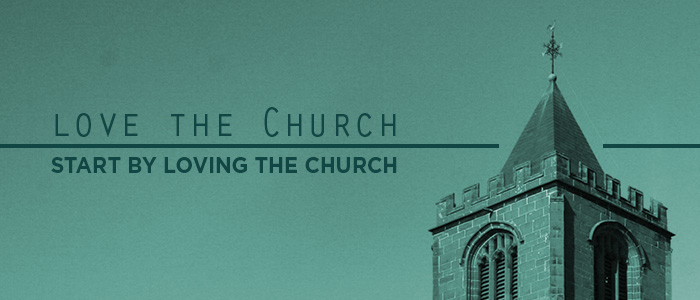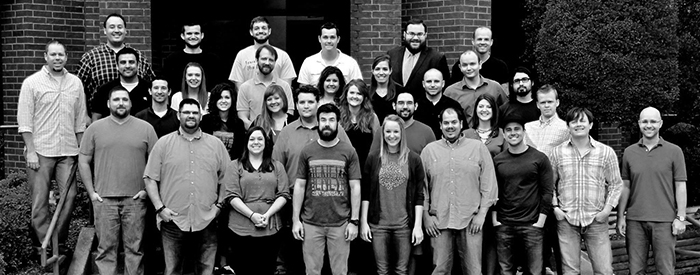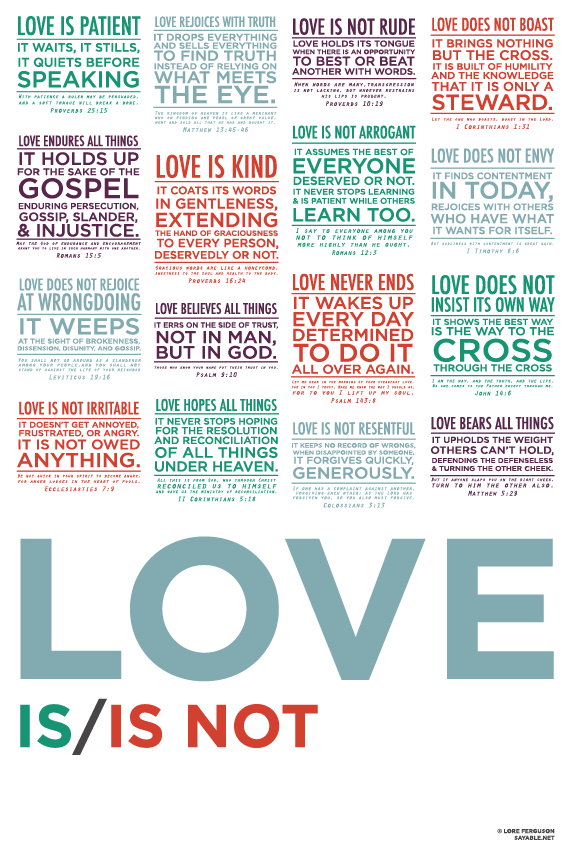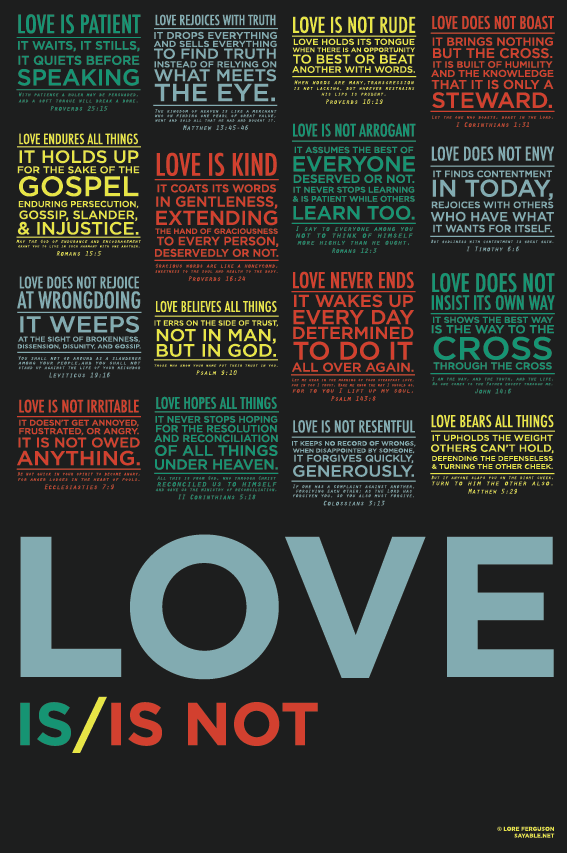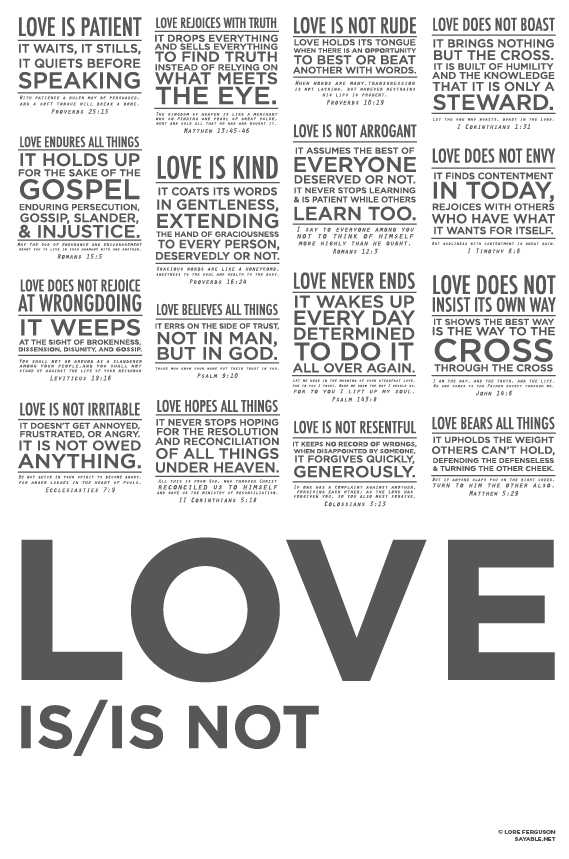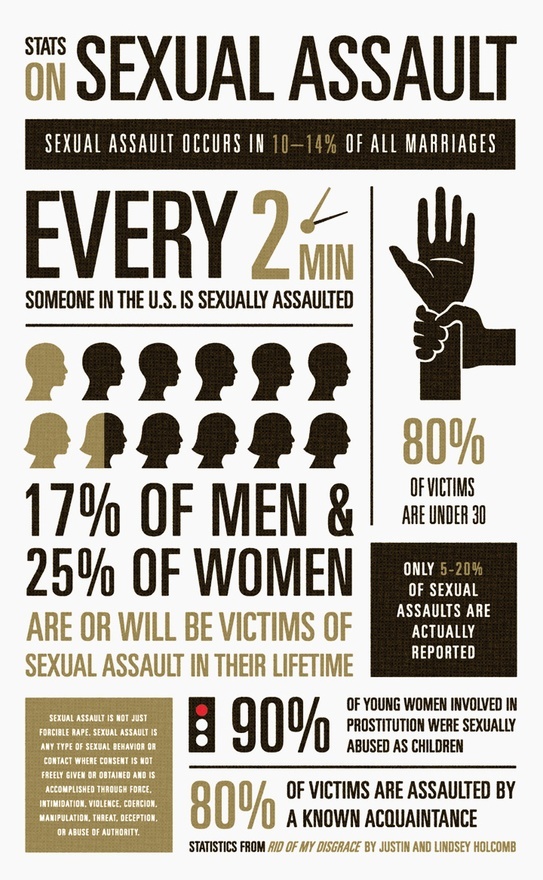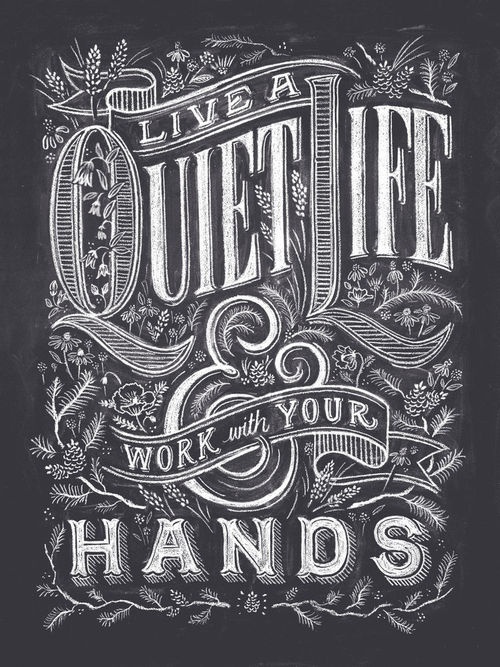Housekeeping, in.
I loathe housekeeping posts. They're so dry and dull. They're so real-life and nitty gritty. But they're also so, I don't know, refreshing? In a way? It's a good reminder to me and to you that we're all people and doing life and struggling with real life things, spilled coffee beans in the morning and wrinkled shirts, yogurt pooling with liquid and raspberries I bought three days ago now with a curious white fuzz on them. Maybe that's not your everyday, but it's mine. Well, it's one of my mine. There's also a measly fly buzzing around our house. Urgh.
Tomorrow is July 1st, which is my brother's birthday, but that's not what this post is about (However, he was recently shipped off (again) to Afghanistan for (yet another) deployment for this insufferable war, so I wouldn't mind if you'd pray for him (and thousands others) tomorrow on his birthday.). July 1st is also the very last day of Google Reader. If you don't know what GR is, carry on. If you do, and you use it, I hope you're aware of all the chatter online about the fact that it is about to go the way of dinosaurs and Christians who date. That is, extinct.
Here's the skinny:
Your alternatives are many, but the two most popular feed readers seem to be:
Feedly: This is what I've switched to. It seamlessly integrates with your GR subscriptions, has an okay interface, beautiful design, and great mobile app. I'm still not completely adjusted to feedly and there are some things about GR that I sorely miss, but no use crying over spilled milk, as we've already established. Here's how to switch.
Bloglovin': This seems to be the near close favorite alternative to feedly. I am not familiar with it as a reader, but you can find out more about switching here.
Another alternative is to subscribe to Sayable using email, which you can do by simply putting your email in the box below and then approving it once you get a verification email.
Or you could simply read Sayable the old fashioned way, which is not really old fashioned at all, because what about the web is? Just come right to the page. Voila! Don't feel like you're in the minority for doing that, a whopping 2/3 of you regularly read Sayable that way and there ain't no shame in it.
Another alternative is to stop reading Sayable altogether. Wait. Am I allowed to say that? Yes, yes I am. Go outside, write in your journal, ignore the internet, stop reading blogs, read your Bible, talk with a friend, schedule a meeting with your pastor or counselor. Whatever your reasons for reading Sayable regularly, I'll bet none of them are better than any of those options above. So yeah, I love you, but feel free to shut your lappy, power off your iPad, and say, "Jiminy Cricket! I'm done with all these newfangled changes, I want something real."
Because isn't that what we all want?
Housekeeping, out.
PS. I've heard from a good many of you that your feed for Sayable hasn't been working for a while and I just found out why: if you subscribed to Sayable back in the lore.unskewed.com days, that is no longer forwarding to Sayable.net. There's your culprit! Update your feeds, you ancient of days!
Nothing I own will ever look like this. Ever.




